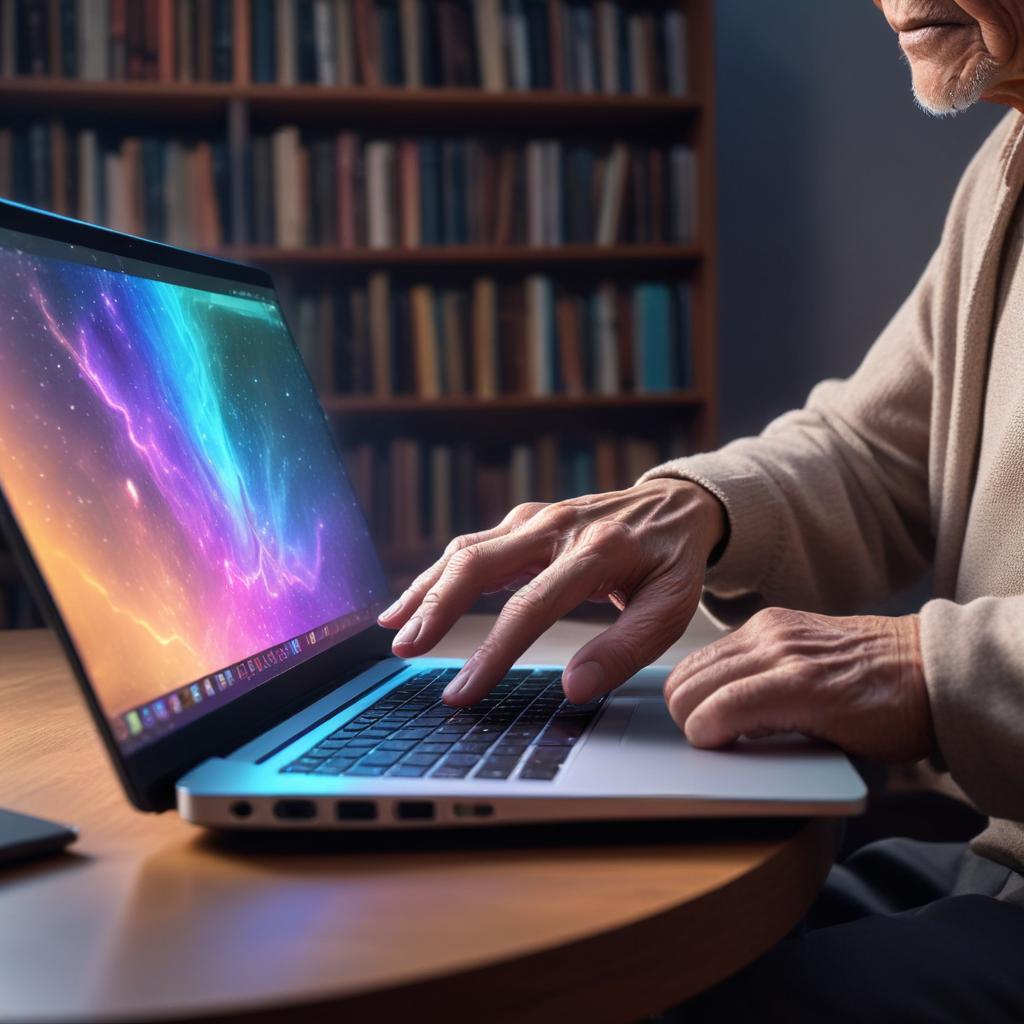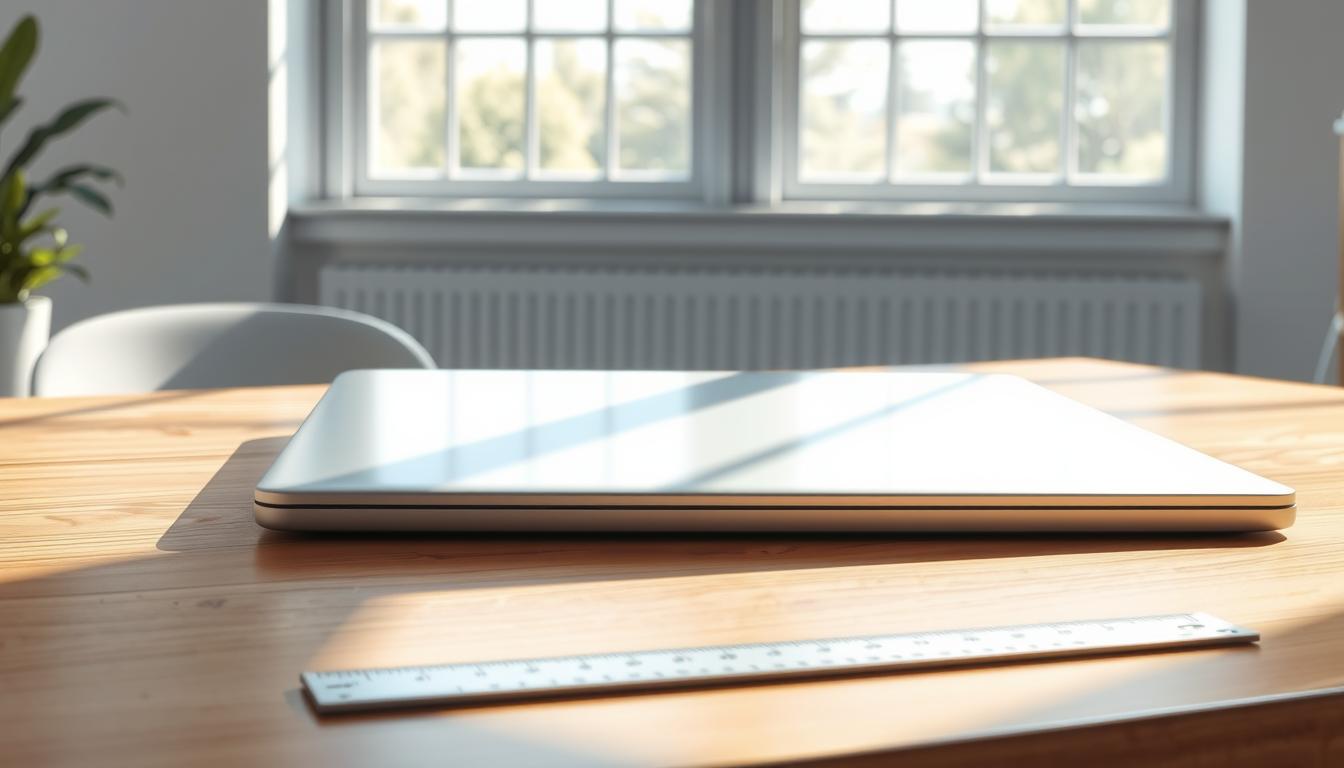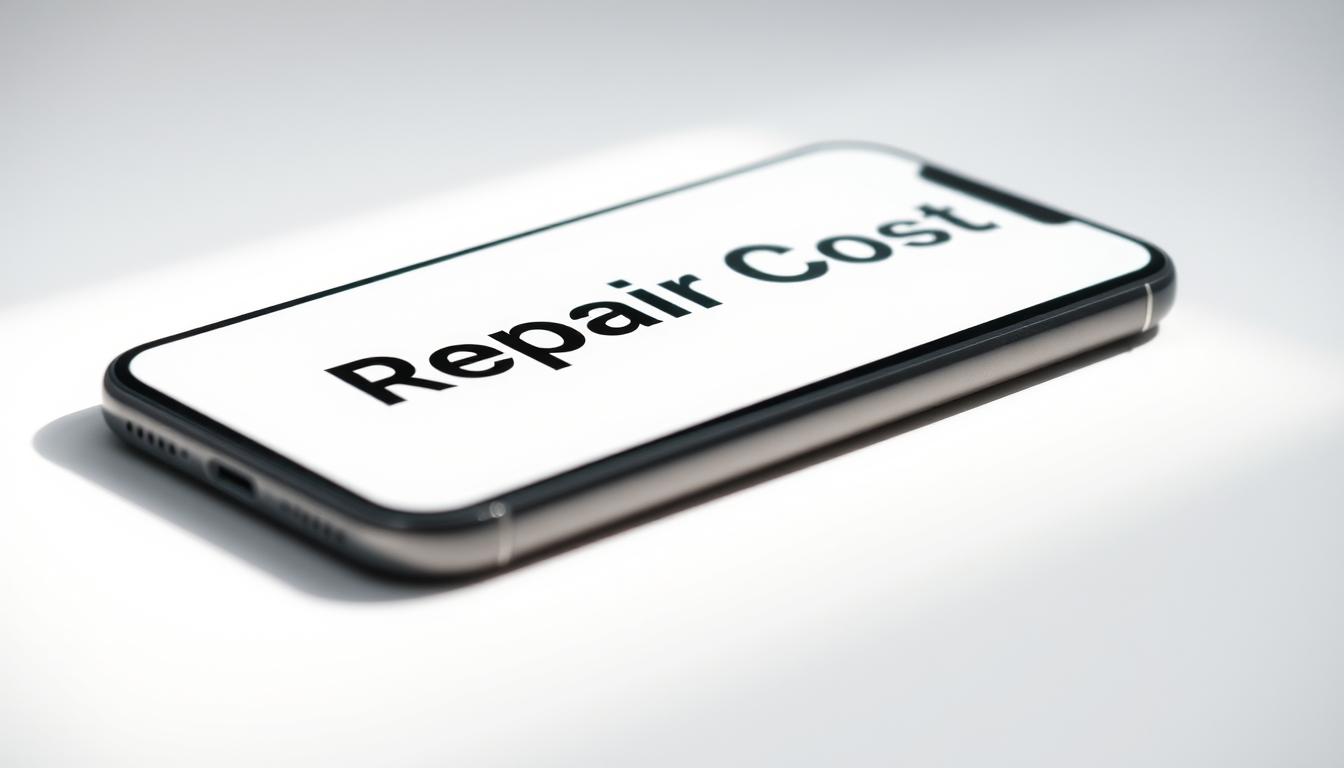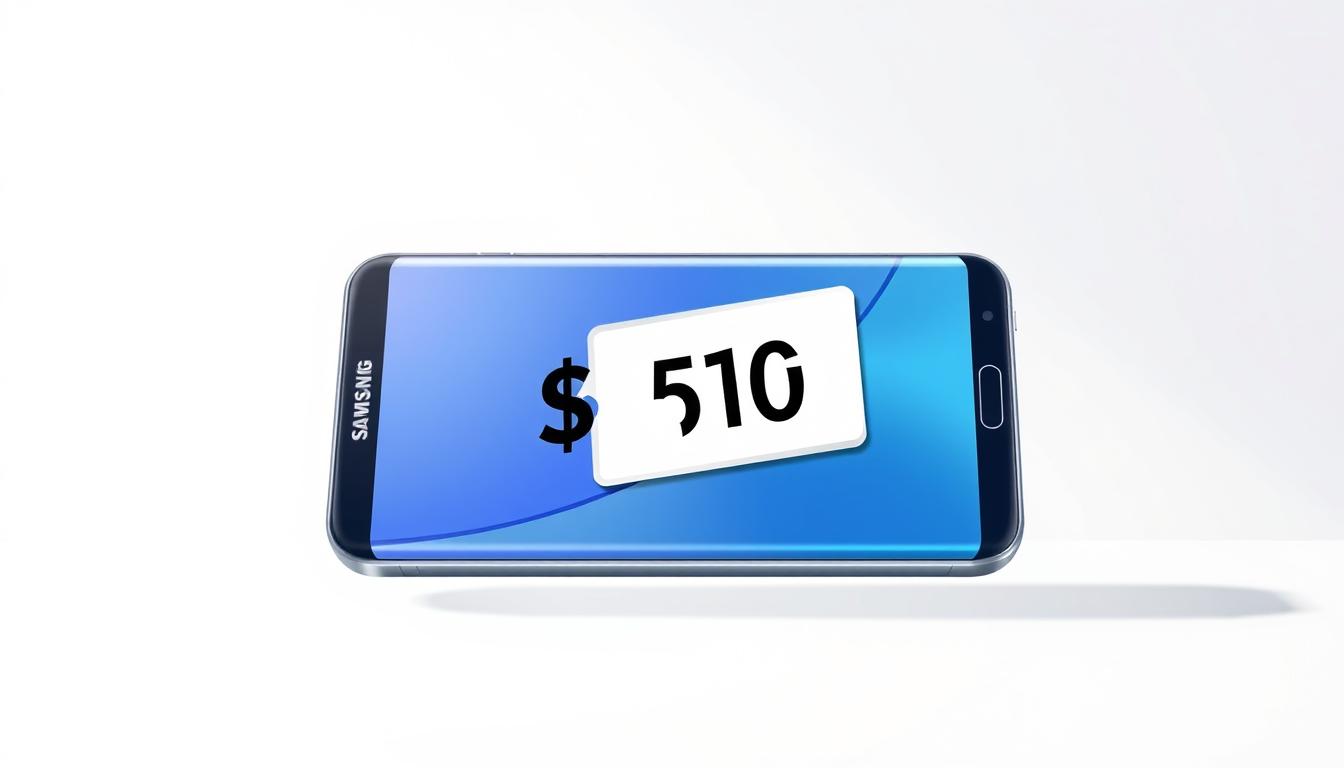Introduction
In today’s world, where we rely heavily on multiple devices, it’s not uncommon to find yourself in a situation where you have your laptop with you but not its charger. A common question that arises in such scenarios is whether a phone charger can be used to power a laptop. This article explores the feasibility, potential risks, and considerations of using a phone charger for a laptop.
Table Of Contents
- Understanding The Differences Between Phone Chargers And Laptop Chargers
- Potential Risks Of Using A Phone Charger For A Laptop
- Compatibility And USB-C Charging
- Best Practices For Charging Laptops
- Frequently Asked Questions (FAQs)
- Conclusion
Understanding The Differences Between Phone Chargers And Laptop Chargers
Voltage And Amperage Requirements
Laptops typically require a higher voltage and amperage than phones to operate correctly. Phone chargers are designed to deliver lower power, usually around 5V to 9V, whereas laptops often need between 19V and 20V. The amperage required by laptops is also significantly higher to handle the power demands of larger batteries and more complex components.
Power Delivery Capability
The power delivery capability of a charger is crucial. Laptop chargers are built to deliver sufficient power to both operate the device and charge the battery simultaneously. Phone chargers, on the other hand, are designed with much lower power output, making them unsuitable for laptops, especially those that require substantial power.
You May Also Want To Check: Can A Broken Laptop Screen Be Repaired?
Potential Risks Of Using A Phone Charger For A Laptop
Insufficient Power Supply
Using a phone charger to power a laptop could result in an insufficient power supply. This may prevent the laptop from charging or even operating correctly. In some cases, the laptop might not turn on at all, or it might drain the battery faster than it charges, leading to shutdowns or unstable performance.
Potential Damage To The Laptop
Attempting to charge a laptop with a phone charger could potentially damage the laptop’s internal components. The power delivery might be inconsistent, causing stress on the laptop’s circuitry. Additionally, if the charger overheats, it could lead to damage or even pose a fire hazard.
Compatibility And USB-C Charging
The Role Of USB-C
With the advent of USB-C technology, the lines between phone and laptop charging have blurred somewhat. Some modern laptops are designed to charge via USB-C, a universal connector that supports a wide range of voltages and power levels. If both your laptop and phone charger support USB-C Power Delivery (PD), it may be possible to charge your laptop using the phone charger, though it will likely charge much slower.
Limitations Of USB-C Phone Chargers
Even with USB-C, most phone chargers still do not provide the high wattage required by laptops. While they might provide enough power to keep the laptop running in a low-power state, they are unlikely to charge the battery effectively. For heavy tasks, the power draw might exceed what the charger can deliver, leading to performance issues. Phone Repair & More can provide guidance on whether your charger is sufficient and offer alternatives if needed.
Best Practices For Charging Laptops
Use The Correct Charger
To avoid any potential risks, it is always best to use the charger specifically designed for your laptop. This ensures that the device receives the correct voltage and amperage, maintaining both performance and safety. Phone Repair & More can assist in finding the right charger for your specific laptop model, ensuring safe and efficient charging.
Keep A Backup Charger
If you frequently find yourself in situations without your laptop charger, consider purchasing an additional charger to keep in your bag or at another location. Alternatively, a universal laptop charger with multiple tips and voltage settings can be a versatile solution. Phone Repair & More offers a variety of charging solutions to meet your needs.
Frequently Asked Questions (FAQs)
Can I Use A Phone Charger To Charge My Laptop?
While it may be possible with some modern laptops that support USB-C charging, it is generally not recommended due to the lower power output of phone chargers.
Recommended: Can Any Portable Charger Charge A Laptop?
What Are The Risks Of Using A Phone Charger For My Laptop?
The main risks include insufficient power supply, which can prevent the laptop from charging or operating properly, and potential damage to the laptop’s internal components.
Is USB-C Charging Safe For Laptops?
USB-C charging can be safe if both the charger and laptop support USB-C Power Delivery and the charger provides adequate power. However, phone chargers usually do not supply enough power for optimal laptop charging.
Laptop & Charger Repair Shop Near Me
Using a phone charger for a laptop is generally not advisable due to differences in power requirements and potential risks. While USB-C technology has made it possible for some devices, most phone chargers do not provide sufficient power to charge a laptop effectively. To ensure your laptop remains safe and functional, it is best to use the charger designed for your device. If you need a backup option, consider a universal laptop charger that meets the specific needs of your laptop. For expert advice and reliable charging solutions, Phone Repair & More is here to help.




